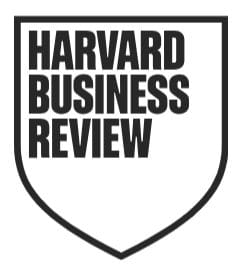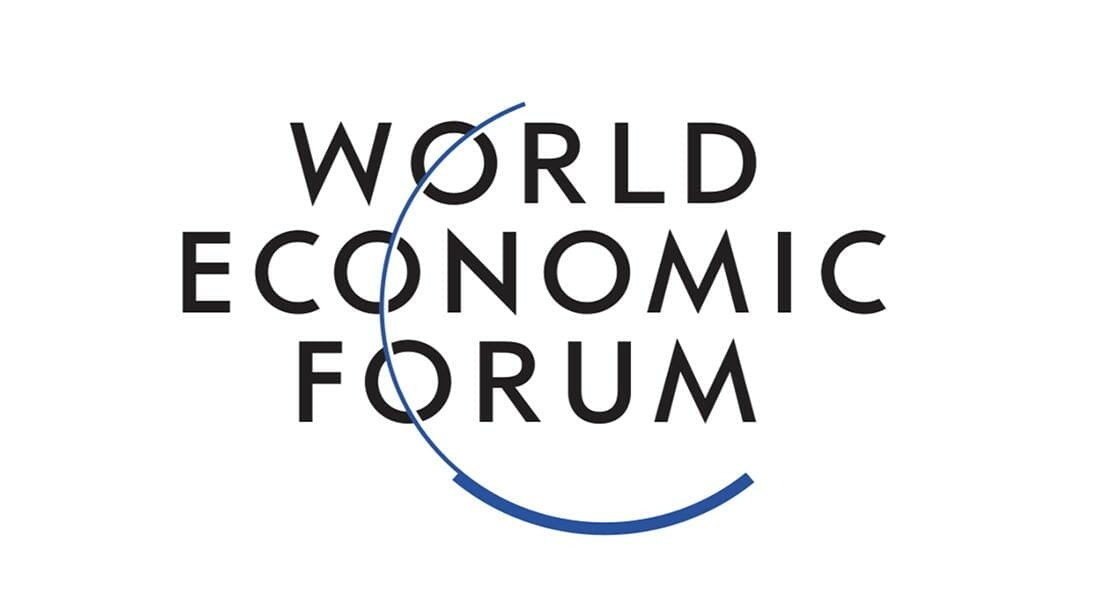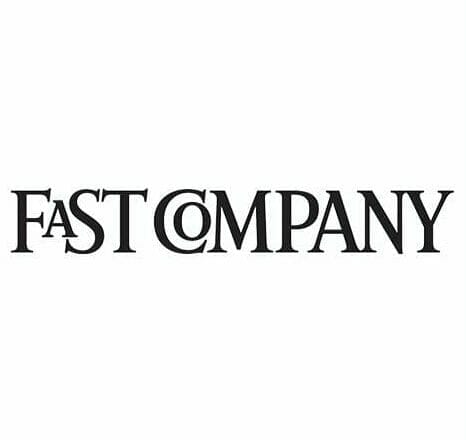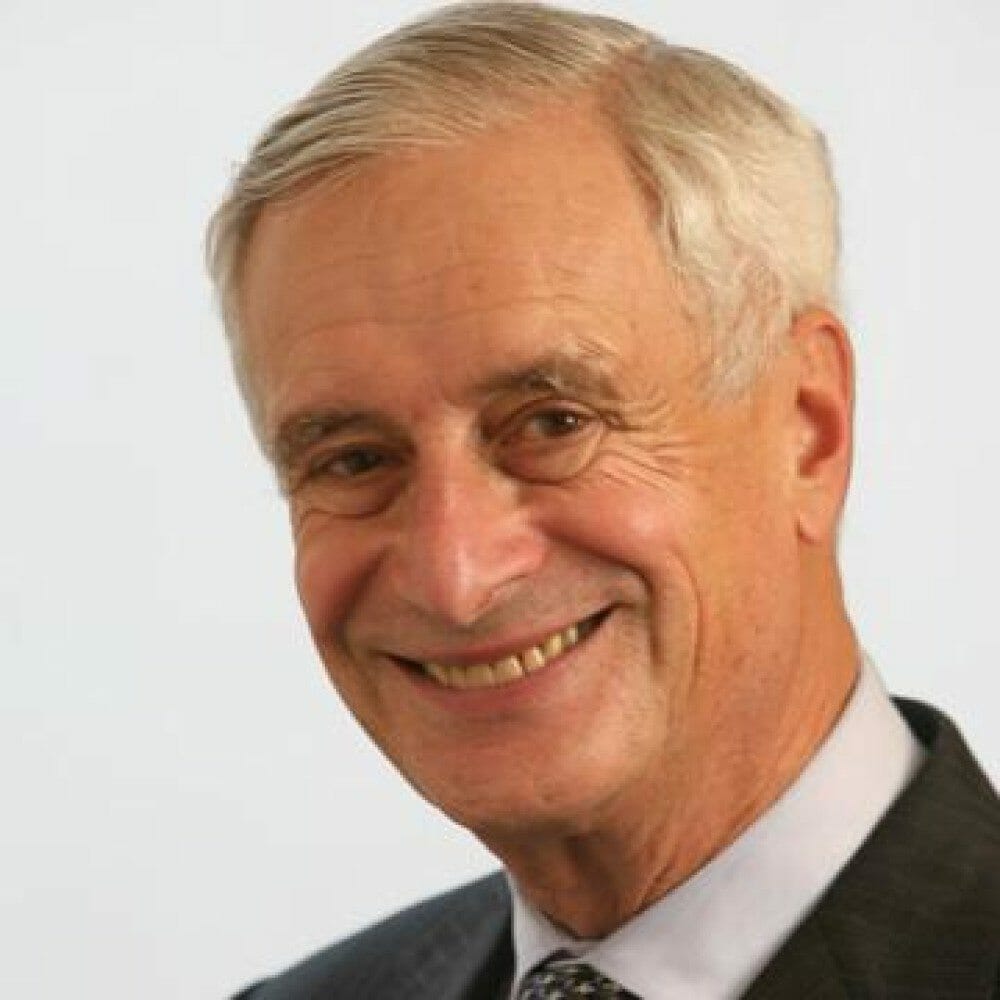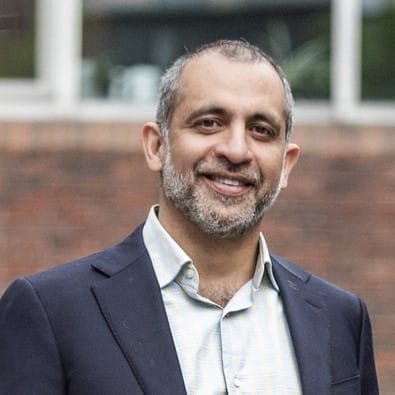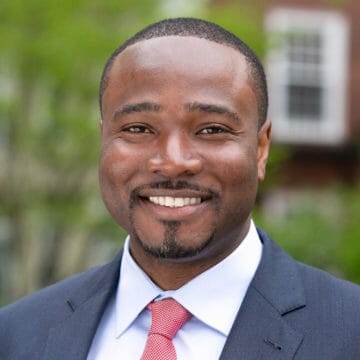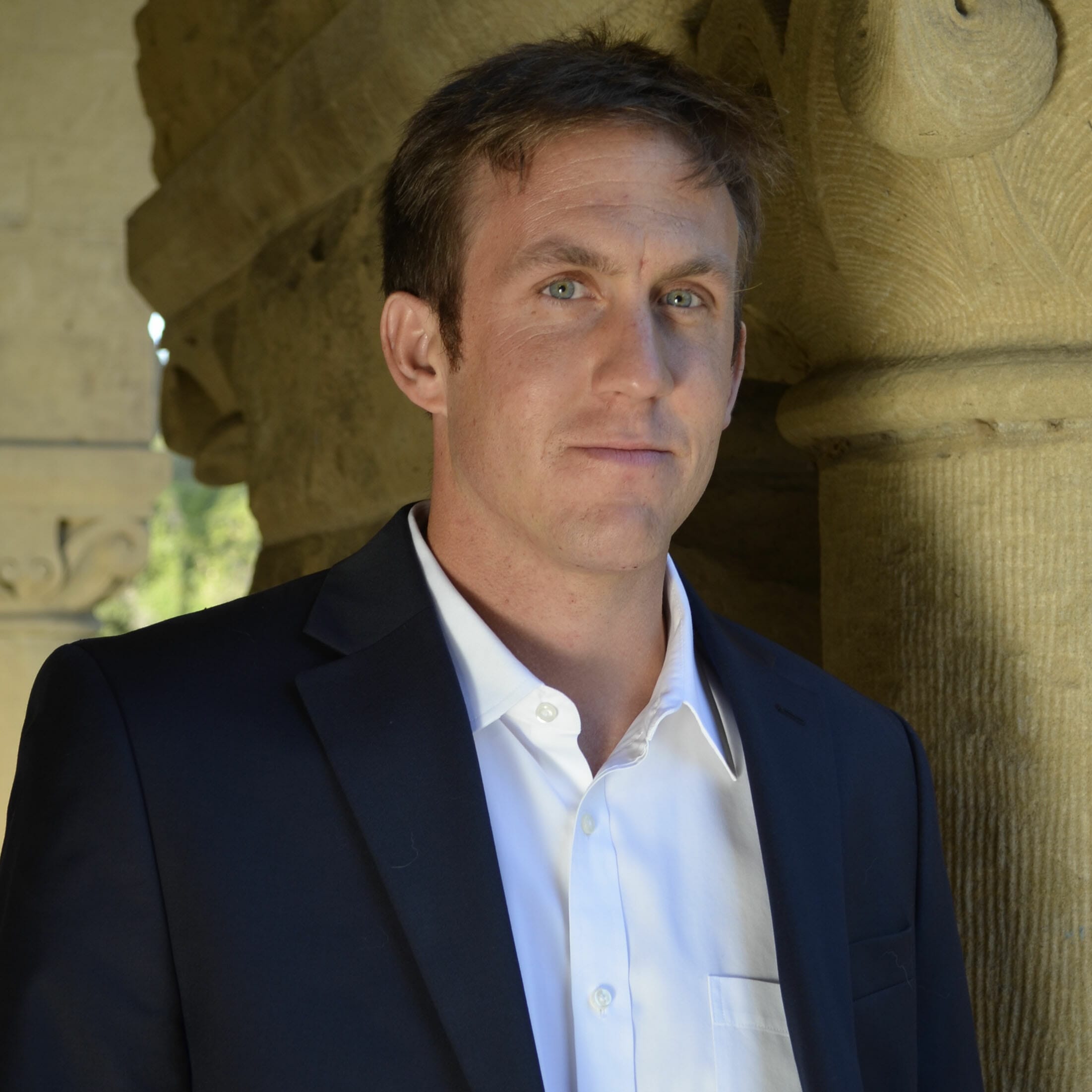Videos
Learn More About Daniel Isenberg
How does a city or region become a center for long-lasting growth and prosperity? Daniel Isenberg, entrepreneurship professor at Columbia and Babson Executive Education (and formerly of the Harvard Business School) has demonstrated through a decade of practical application that entrepreneurs – when they grow – enable regional prosperity. From Ohio to South Korea, Isenberg’s team has worked with civic and business leaders to ignite sustained growth and generate broad-based prosperity in communities via the ScaleUp® methodology. Through engaging keynotes and field projects, Isenberg provides the methodology and tools to do the same in your region.
Professor Isenberg is the founder and director of the Babson Entrepreneurship Ecosystem Platform, an initiative that implements, along with coalitions of regional leaders, the policies, structures, programs and climates that foster growth entrepreneurship. Isenberg continues to supervise and advise ongoing projects in urban and semi-urban regions in Canada, Colombia, the United States, and Guatemala. Isenberg’s methodology goes well beyond theory to practical results; regional economic transformations begin to take measurable shape within 12 to 24 months of an initiatives’ launch. Essentially, Isenberg has answered the question of what generates sustained, inclusive growth – and he can bring it to a city near you.
For more than 35 years Isenberg has been a teacher and practitioner in the field of entrepreneurship and supply chain management. In his first book, “Worthless, Impossible and Stupid: How Contrarian Entrepreneurs Create and Capture Extraordinary Value” (Harvard Business Review Press, 2013), Isenberg revealed that successful entrepreneurs see hidden value in situations where others do not, and ultimately realize extraordinary value for themselves, their customers and society as a whole. A frequent contributor to Harvard Business Review (HBR), following his seminal piece, “The Global Entrepreneur” (2008 HBR), his 2010 article, “How to Start an Entrepreneurial Revolution,” was HBR’s “Big Idea” and introduced the now-famous concept of an entrepreneurship ecosystem. A subsequent HBR article focused on “Entrepreneurs and the Cult of Failure” (2011). Isenberg’s HBR blog on entrepreneurship has attracted millions of readers. He has also been an expert blogger for The Economist, Huffington Post and QZ. In 2012, Isenberg was awarded the Pio Manzu Gold Medal for “pioneering and innovative work in economic development,” signed by Mikhail Gorbachev. In addition to Harvard, Columbia and Babson, Isenberg has taught at INSEAD, Reykjavik and the Technion, where he created Israel’s first course on technology-based entrepreneurship in 1987.
Daniel Isenberg is available to advise your organization via virtual and in-person consulting meetings, interactive workshops and customized keynotes through the exclusive representation of Stern Speakers & Advisors, a division of Stern Strategy Group®.
How to Create a Scale Up® Ecosystem
Light the spark of entrepreneurial spirit and the fire of economic prosperity will begin to grow. It’s a call to action so simple, yet many leaders from across the globe still don’t know how to stimulate and support entrepreneurship so that entrepreneurship, in turn, supports regional growth. Daniel Isenberg has travelled the world to help transform specific regions in a way that encourages long-term economic development and prosperity. Isenberg and his team at the Babson Entrepreneurship Ecosystem Platform have created the methodologies to transform regional economies in just a few years, with tangible progress in as little as 12 to 24 months. Isenberg’s famous HBR article on entrepreneurship ecosystems specifies nine principles for changing local institutions and culture to accelerate economic growth within their region.
Policies for Startup or for Scale Up®
The startup movement has swept the globe. But Daniel Isenberg, despite his experience investing in dozens of tech startups primarily in Israel, believes governmental and other leaders should refocus the entrepreneurship discussion on the real growth that only scale ups can deliver. Startups may command the limelight, but without a scale-up frame of mind – a template of what real growth looks like and entails – entrepreneurs, investors, corporations and societies will not benefit from the positive potential of entrepreneurship, he explains. Not only must entrepreneurs learn the language of growth, but policymakers must also remove barriers to achieving it. If the scale ups take root in any region, the startups will, to a large extent, take care of themselves, argues Isenberg. He points to such large-scale economic development interventions as Manizales-Mas in Colombia and offers specific action principles and tools that can be used to stimulate Scale Up Ecosystems. Isenberg presents a systematic set of policies and tools that can encourage and reap the benefit of entrepreneurial growth.
Rethinking Entrepreneurship: Celebrating the Worthless, Impossible and Stupid
Think of the word “entrepreneur” and the image of a youthful, tech savvy Silicon Valley founder may come to mind. But that portrait is one of the many misconceptions we have when it comes to ideas about entrepreneurship, says Daniel Isenberg. Innovation and expertise – and youth – are not prerequisites to becoming a successful entrepreneur; rather, it’s realizing extraordinary value – sometimes in seemingly worthless, impossible and stupid ideas – where others believed there was none. Real entrepreneurs create value out of a product or business that looks less valuable to everyone else, opening up opportunities for customers. Isenberg celebrates this contrarian mindset and its ability to transform society, challenging our long-held beliefs on what it takes to be successful in business.
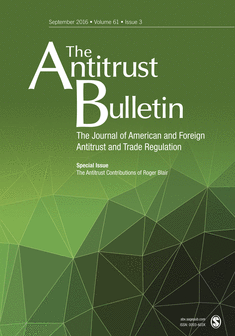
Applying the Ecosystem Metaphor to Entrepreneurship: Uses and Abuses
(The Antitrust Bulletin, December 2016)
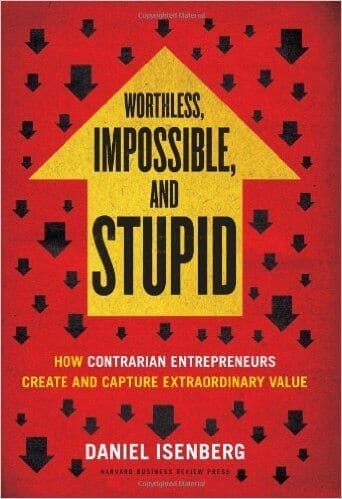
Worthless, Impossible and Stupid: How Contrarian Entrepreneurs Create and Capture Extraordinary Value
(Harvard Business Review Press, July 2013)
“Dan was an absolute highlight of the conference and both his presentation style and his “contrarian” content were exactly what we wanted DRIVE to be. He sparked some of the most engaged discussions at DRIVE and many people are taking notice of his work.”
“His speech in 2016 GEW Korea was very insightful, especially for government officials like me. His five, sequenced policy principles for developing entrepreneurship (eg labor flexibility, market encouragement, focus on scale ups) ecosystem impressed me because I hadn’t seriously thought of policy execution affecting entrepreneurship. His advice was extremely helpful for Korea and renowned Korean newspapers published his recommendations. I expect that Professor Isenberg’s speech during 2016 GEW Korea will reshape lots of related policies and people’s mindsets about Korea’s entrepreneurship ecosystem.”
“Daniel Isenberg is an enthusiastic, passionate speaker. He makes the effort to prepare the slides up until the presentation day, and does his best to be interactive. His presentation based on his book “Worthless, Impossible and Stupid” was easy to understand, and it goes against people’s perception. In my personal opinion, his speech was helpful for our audiences to have them think about entrepreneurship and startups from a different angle.”
“Daniel Isengerg is quick witted, clear, concise and yet still entertaining! We presented a panel together at the World Economic Forum, and I will be honored to work with and recommend him many more times!”
“My first World Economic Forum experience was the Creative Spark session on Experimentation, which was led by Daniel Isenberg. Daniel did a marvelous job of keeping the audience and panelists all engaged emotionally and intellectually, continually keeping us thinking yet keeping the discussion moving. Daniel opened by having all the participants plan and execute an experiment in 5 minutes propelled the discussion forward, and I couldn’t believe how fast the next 40 minutes raced by.”
“Thanks to the superior moderating skills of Dan Isenberg, today’s panel was one of the best discussions I have ever attended at Davos.”
“I have had the distinct pleasure of meeting Daniel Isenberg, one of the most strategic presenters I have worked with. Isenberg has demonstrated outstanding leadership skills while maintaining a clear sense of purpose. From beginning to end, he eagerly embraces his subject matter—entrepreneurship—with an interactive, candid and enthusiastic performance. He is an impressive speaker who is extremely energetic and a natural entrepreneur who is not only magnetic, but inspiring to all those around him.”
“Daniel Isenberg is a rare commodity. He has successfully crossed over from the experienced entrepreneur into being an incisive and exciting orator. This is truly a remarkable feat; a testament to this was my first hand experience of the rapt attention and subsequent excited feedback during his keynote speech at the 10th International Entrepreneurship Forum [IEF2011]. I would thoroughly recommend any organization or institution to utilize and exploit his unique talent. I myself am asked to speak internationally, and would consider that I am a mere amateur to the professionalism and polished performance that I witnessed.”










